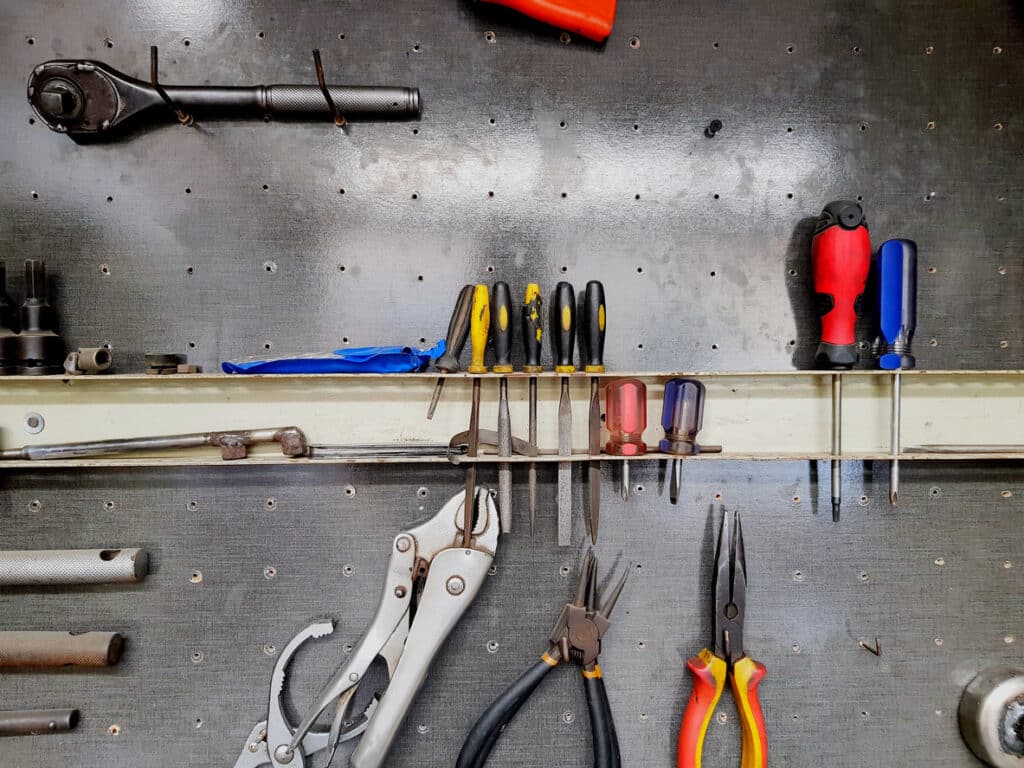
- Massive Range
- FREE UK Delivery
- Rapid Dispatch
- Massive Range
- FREE UK Delivery
- Rapid Dispatch
- Massive Range
- FREE UK Delivery
- Rapid Dispatch
Home » Marine-Grade Metals: What Makes Them Resistant to Saltwater?
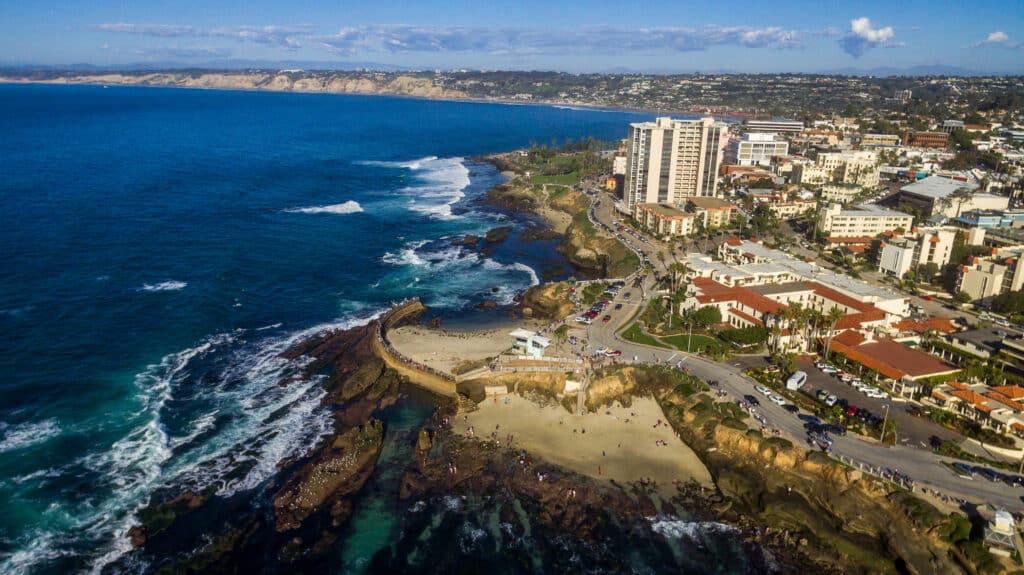
There is something inescapable about the allure of the sea for many people. Even though saltwater is visually mesmerising, it poses a huge threat to metals. This results in rapid corrosion and degradation of materials. The corrosion of metallic structures not only compromises their aesthetic appeal, but can also compromise their structural integrity. Saltwater is one of the most potent killers of metals. For this reason, marine-grade metals have been developed to resist the ravages of salt water. What is it about these metals that makes them saltwater resistant? Let’s explore marine-grade metals and discover their secrets.
Saltwater is a powerful corrosive agent because it contains high concentrations of salts, primarily sodium chloride. When salt dissolves in water, it dissociates into its constituent ions, producing an electrolyte solution. This solution facilitates the electrochemical reactions that lead to metal corrosion. This corrosion is further exacerbated in the presence of oxygen, resulting in a particularly hostile environment for most metals.
Marine-grade metals are specially formulated or processed metals that show significant resistance to saltwater corrosion. Their development is a result of scientific research and metallurgical advancements that understand the effects of saltwater on metals and seek to mitigate them. These metals often find applications in boat hulls, shipbuilding, marine fasteners, and seaside infrastructure.
Resistant to Pitting and Crevice Corrosion: One of the main reasons metals corrode in saltwater is due to pitting and crevice corrosion. Marine-grade metals have a protective oxide layer, which prevents the initiation of these localised corrosions.
Resistant to Stress Corrosion Cracking: Saltwater can also lead to a form of corrosion known as stress corrosion cracking, especially under tensile stress. These metals are designed to resist this type of corrosion.
High Tensile Strength: Given their application in marine environments, these metals not only need to resist corrosion but also exhibit high tensile strength to withstand the physical forces of the ocean.
Malleability and Fabrication: Marine metals are often malleable, allowing them to be shaped easily, making them versatile for various marine applications.
Stainless Steel (316 & 316L): Perhaps one of the most widely recognised metal is the 316 stainless steel. Its alloying with molybdenum gives it superior resistance to pitting and crevice corrosion, making it an ideal choice for many marine applications.
Aluminum Alloys (5052, 5083, & 5086): Aluminum, when alloyed with manganese and magnesium, results in metals that are exceptionally resistant to the corrosive effects of saltwater. These alloys are not only lightweight but also boast an impressive strength-to-weight ratio.
Copper-Nickel Alloys: Combining copper with nickel produces alloys that are not only resistant to corrosion but also exhibit anti-fouling properties. This prevents marine organisms like barnacles from adhering to surfaces, making it valuable for ship hulls.
Bronze: This alloy, primarily of copper and tin, possesses natural resistance to saltwater corrosion. Naval bronze, which contains zinc, is especially popular for marine applications.
Galvanised Steel: While steel by itself isn’t ideal for marine environments, galvanising it by adding a protective layer of zinc drastically enhances its corrosion resistance.
Titanium: While on the pricier side, titanium offers an exceptional resistance to corrosion. Its strength and light weight make it a popular choice for high-end marine applications.
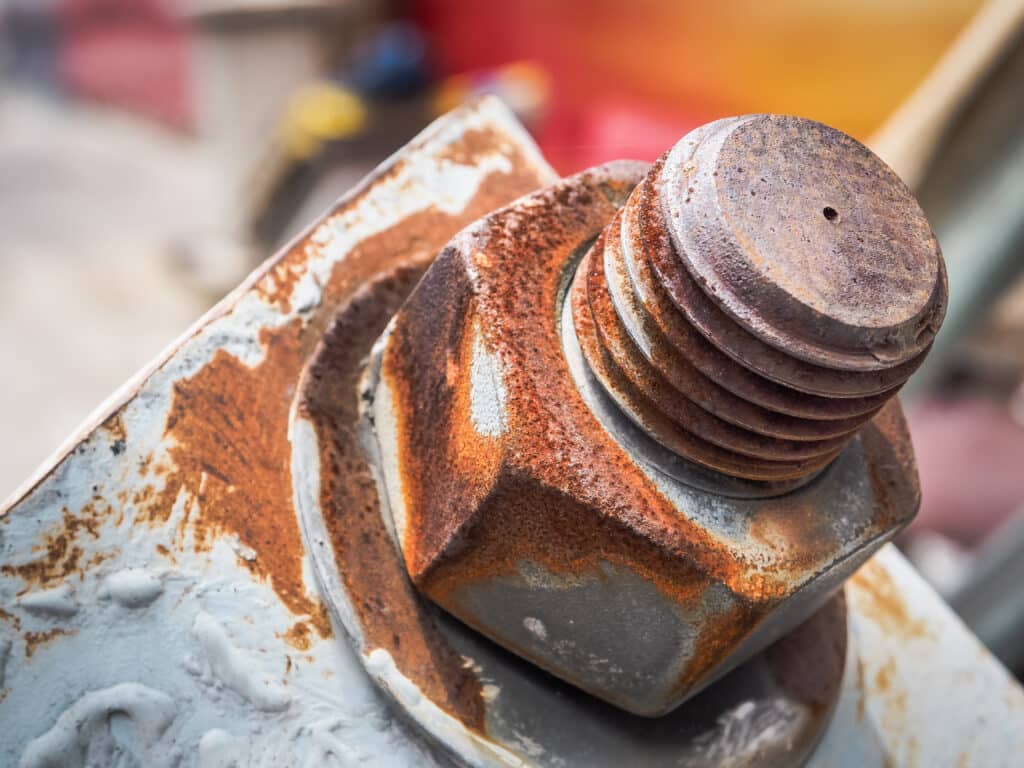
While the inherent properties of marine-grade metals are impressive, protective coatings can further enhance their resistance. Paints, galvanised coatings, and anodic protections are often employed to shield the metal from direct exposure to saltwater, significantly extending its lifespan.
Corrosion Resistance: The most significant advantage of marine-grade metals is their heightened resistance to saltwater corrosion. This resistance ensures that these metals last longer and maintain their integrity even when exposed to harsh marine conditions.
High Tensile Strength: Marine-grade metals are often reinforced to withstand the physical forces of the ocean, providing them with high tensile strength.
Resistance to Pitting and Crevice Corrosion: Marine metals, especially certain types of stainless steel, are resistant to localised forms of corrosion, such as pitting and crevice corrosion.
Anti-Fouling Properties: Some marine-grade metals, like copper-nickel alloys, possess anti-fouling characteristics, preventing marine organisms from attaching to them. This is especially advantageous for ship hulls.
Malleability and Versatility: Despite their strength and corrosion resistance, many marine-grade metals are malleable, allowing them to be shaped and fabricated for various marine applications.
Cost-Efficiency: In the long run, using marine-grade metals can prove to be cost-efficient. While the initial cost might be higher than using regular metals, the extended lifespan and reduced maintenance requirements often offset the initial expense.
Safety and Reliability: Given their enhanced properties, marine metals provide a level of safety and reliability in marine structures, vessels, and equipment.
Aesthetic Appeal: Many of these metals retain their luster and finish despite exposure to saltwater, ensuring that marine structures and vessels maintain their aesthetic appeal over time.
Environmentally Friendly: Certain marine-grade metals reduce biofouling, which means fewer harmful anti-fouling paints and coatings are needed, leading to a reduced environmental footprint.
Thermal and Electrical Conductivity: Metals like copper-nickel alloys are often chosen for marine applications due to their excellent thermal and electrical conductivity.
Cost Implications: Marine-grade metals, due to their enhanced properties and specialised production processes, can be more expensive than their non-marine counterparts. This can lead to higher initial investment costs.
Weight Concerns: Some marine metals, like certain grades of stainless steel, can be heavier than non-marine metals, potentially impacting the weight dynamics of marine structures or vessels.
Galvanic Corrosion: When different metals or alloys come into contact in a marine environment, there’s a risk of galvanic corrosion. This occurs when one metal becomes the anode and the other the cathode in a galvanic cell, leading to accelerated corrosion of the anodic metal.
Maintenance Needs: While these metals are designed to be corrosion-resistant, they aren’t entirely maintenance-free. Regular checks and maintenance are essential to ensure that their protective layers remain intact.
Limited Availability: Some marine-grade metals or their specific grades might not be readily available in all regions, leading to potential supply chain challenges.
Fabrication Challenges: Some marine-grade metals, due to their inherent properties, can pose challenges during fabrication. For instance, certain grades might be harder to weld or might require specialised welding techniques.
Environmental Concerns: Metals like copper, when used in marine environments, can leach into the surrounding waters, potentially harming marine life. Although the effects are generally minimal, it’s still a point of environmental concern.
Thermal Expansion: Some marine-grade metals can exhibit different thermal expansion rates compared to other materials. This can pose challenges in design and construction when used in conjunction with other materials.
Potential for Biofouling: Despite some metals having anti-fouling properties, not all marine metals are immune to biofouling. Over time, organisms can adhere to these metals, impacting performance and requiring cleaning.
Overconfidence in Material: Given the enhanced properties of marine-grade metals, there might be a tendency to over-rely on their capabilities. However, like all materials, they have limits and need to be used appropriately to ensure longevity and safety.
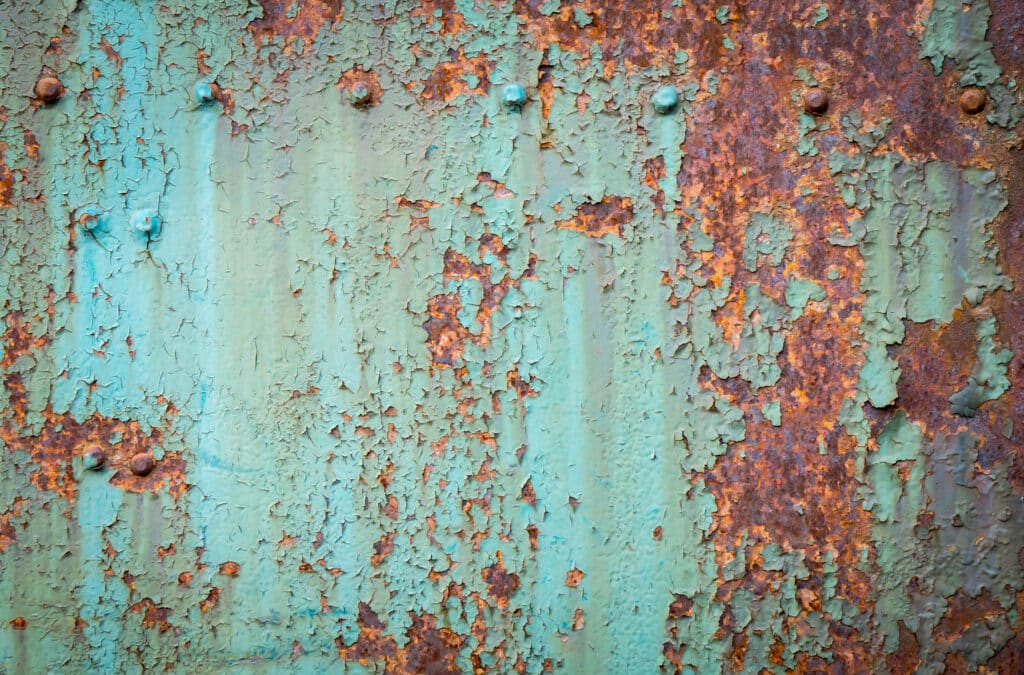
The invention of marine-grade metals is a testament to the ingenuity of our human race and our relentless pursuit of innovation. Through our understanding of saltwater corrosion, we have developed alloys and metals that can withstand the ocean’s power. There is no doubt that marine-grade metals are integral to the durability and longevity of the majestic cruise ships and small boats that sail the seas.
It is evident from these metals that science and practicality blend harmoniously. Not only do they protect us from saltwater’s relentless assault, they also ensure that our marine structures and vessels remain safe, durable, and reliable.
As always, thank you for checking out our blog. We hope that this helps you with your project.
Please also check out the other articles in our helpful guide series. We have written about ‘Which Metals Rust And Can It Be Prevented?‘ and ‘Benefits of Stainless Steel‘ recently so why not check them out?
We are also proud to sell this product on our highly popular eBay store, check us out there too.
If you have any further questions, feel free to contact us.

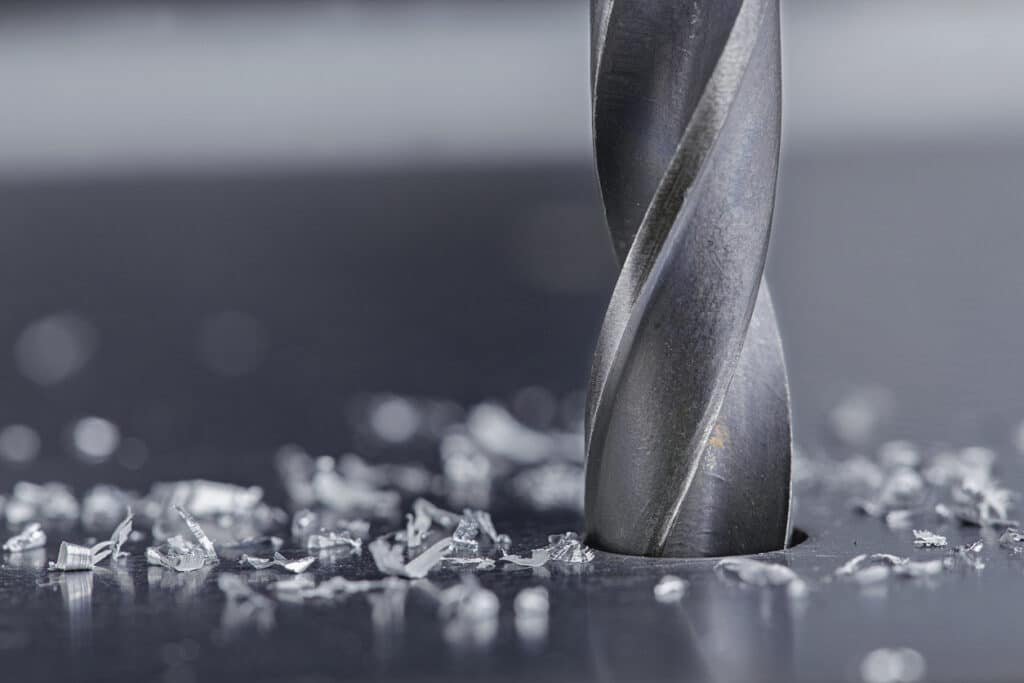
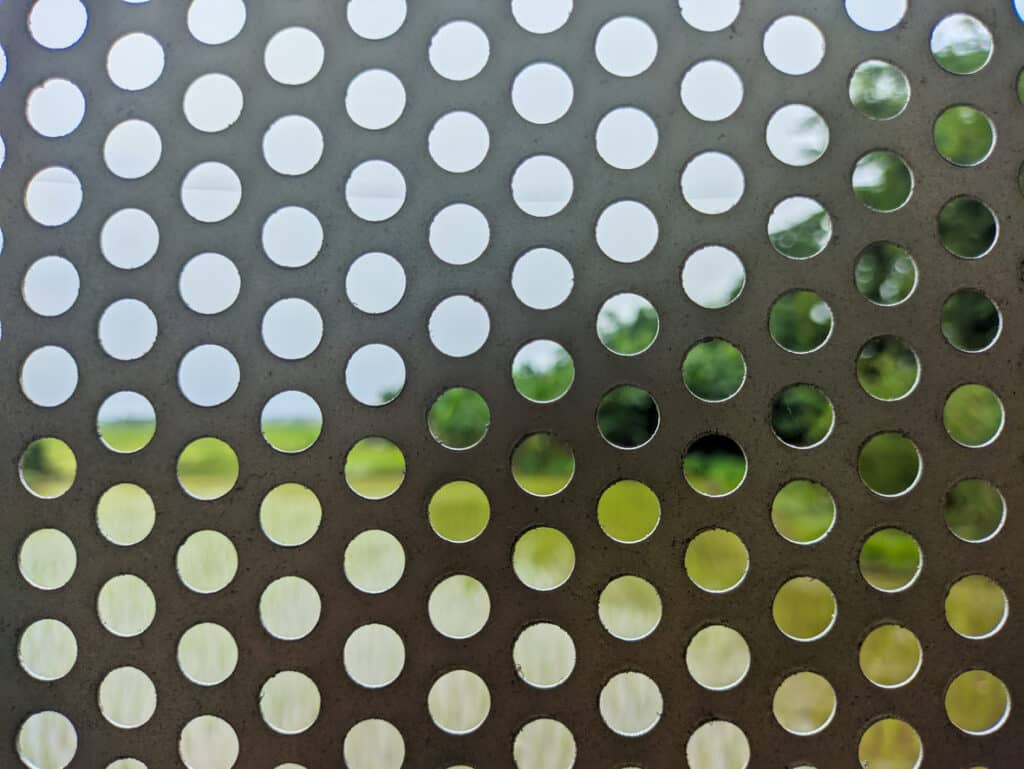
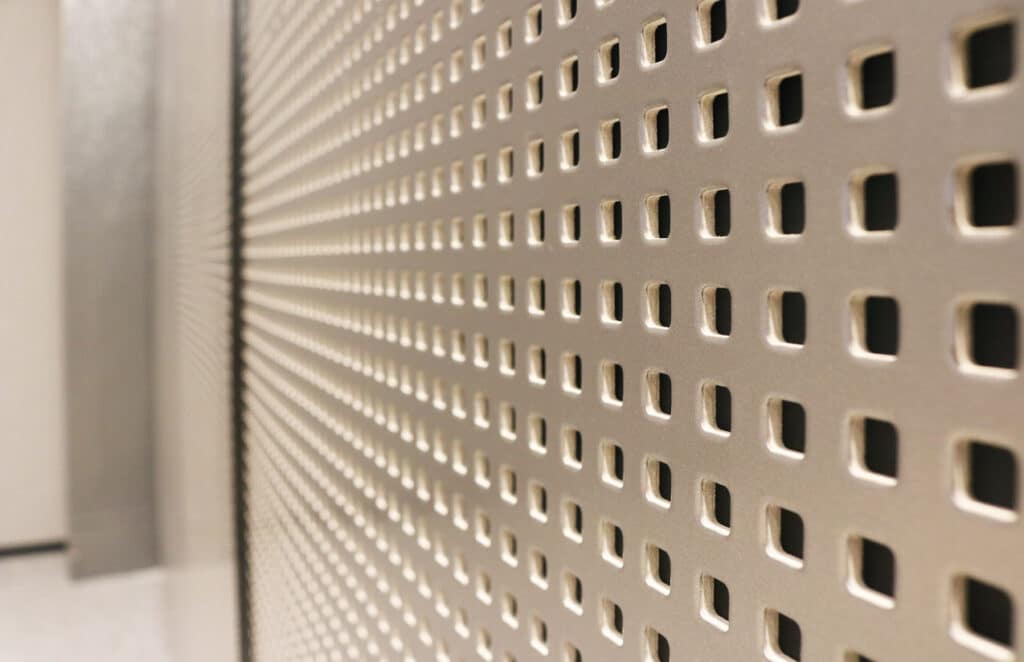
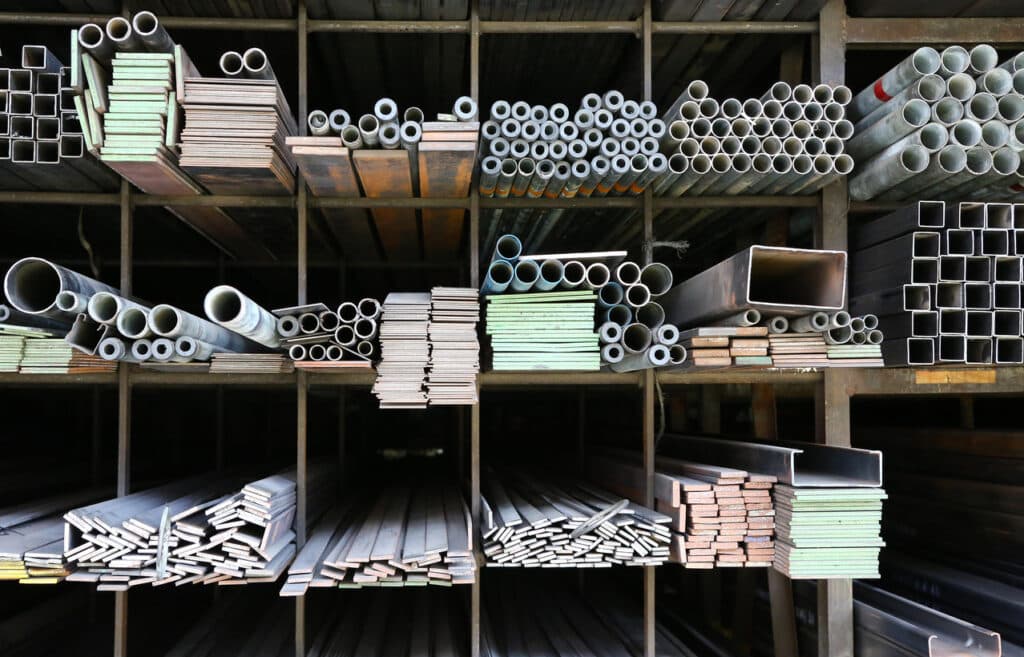
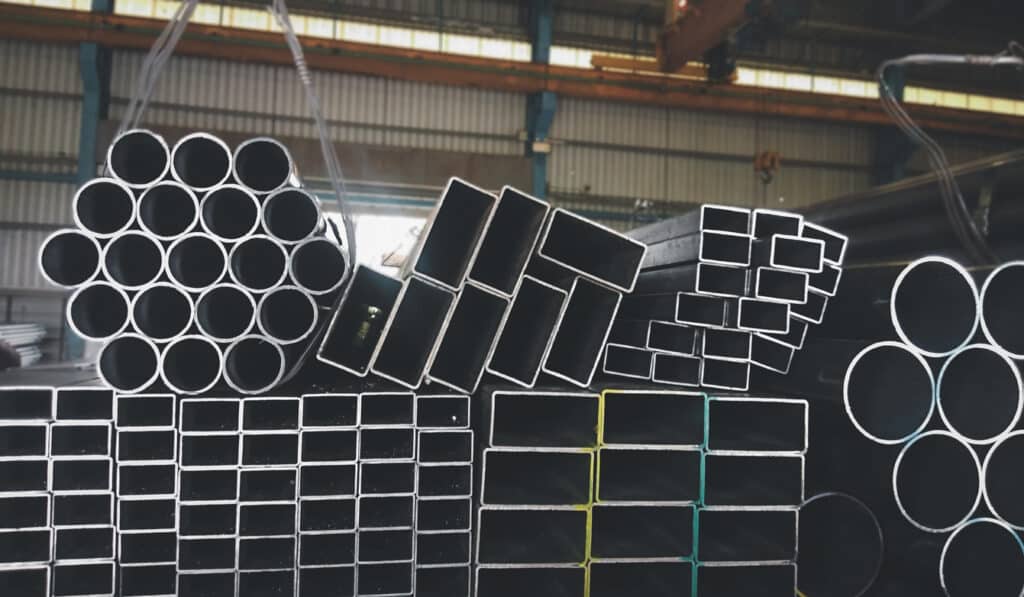
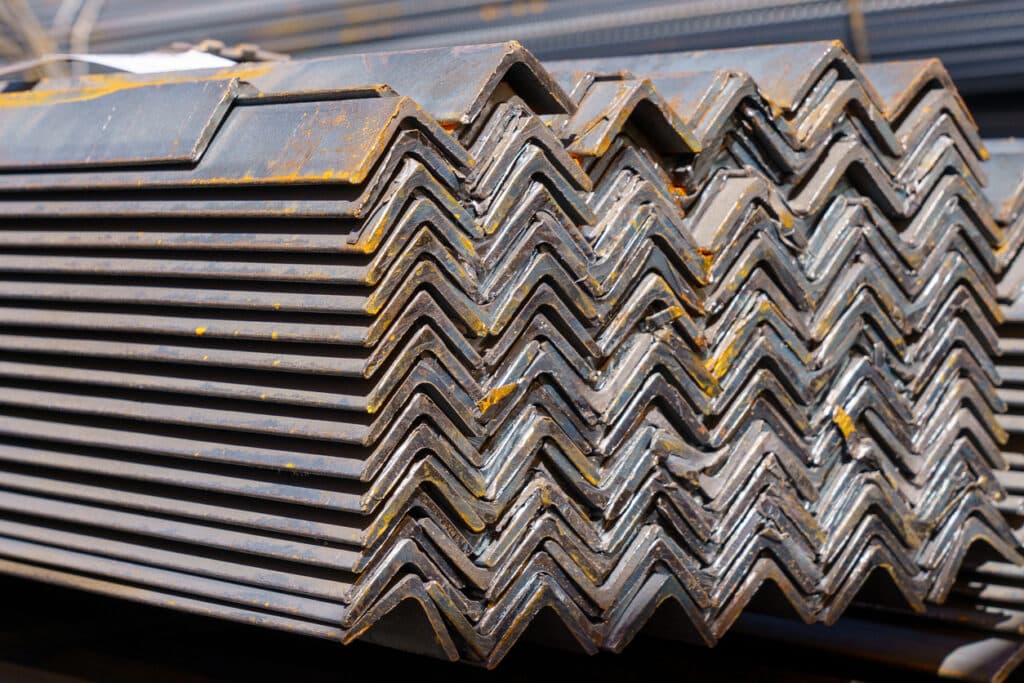

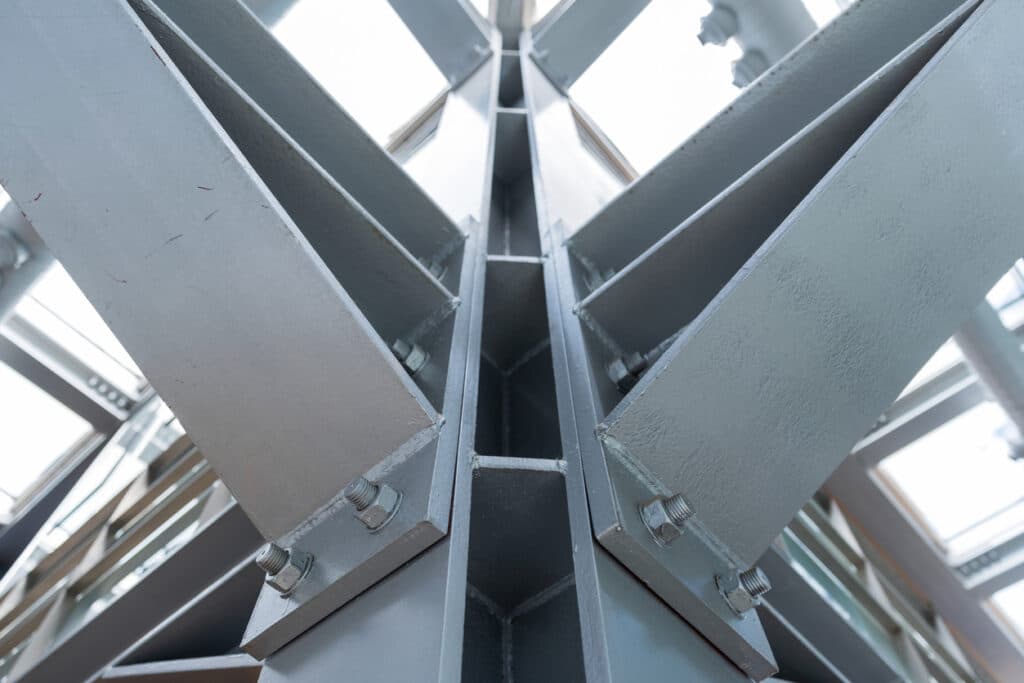
Speciality Metals
Unit 1, Farrell Street, Warrington,
Cheshire, WA1 2WW, United Kingdom
Quick Links
Payment Options
